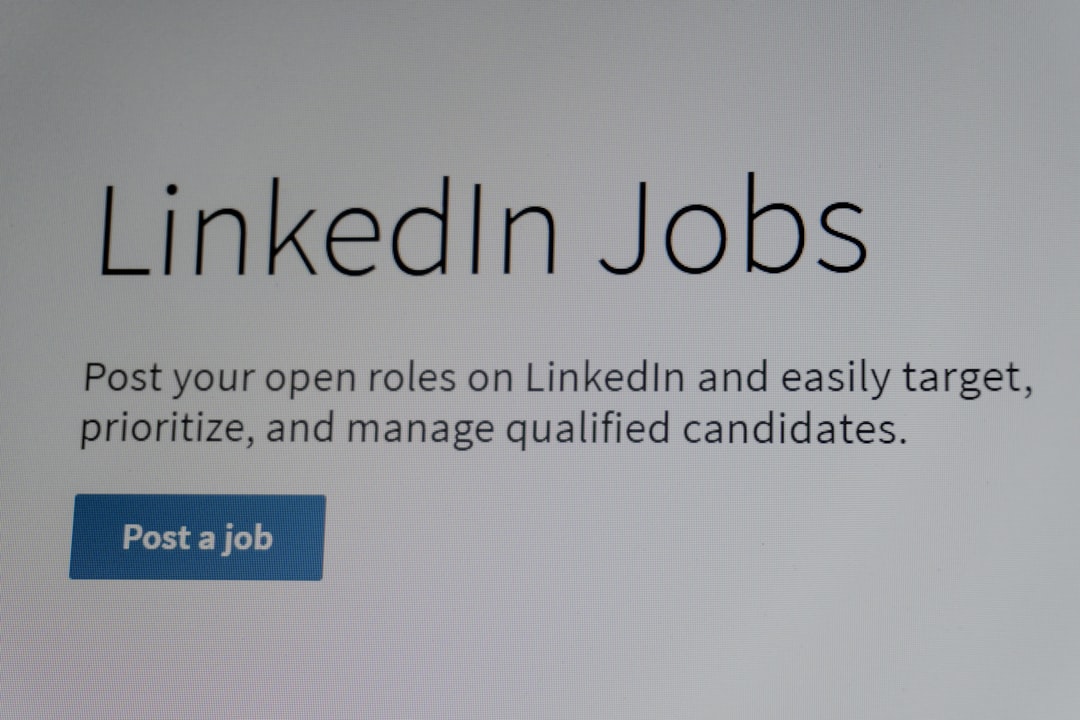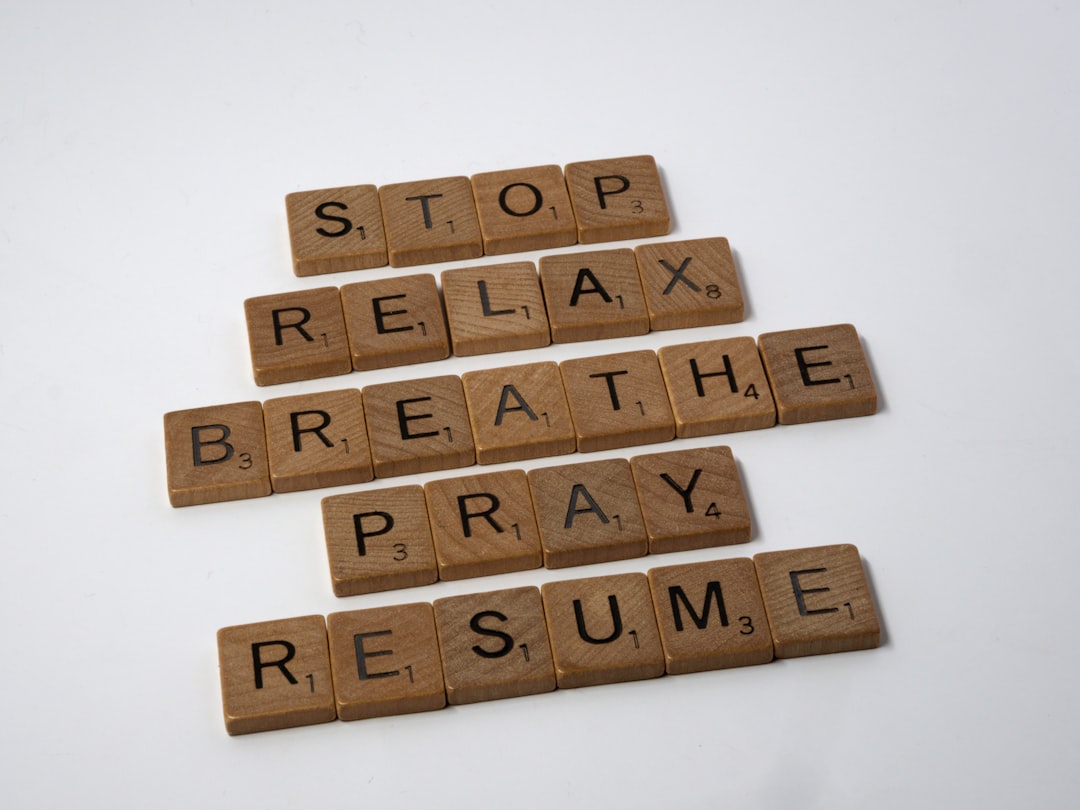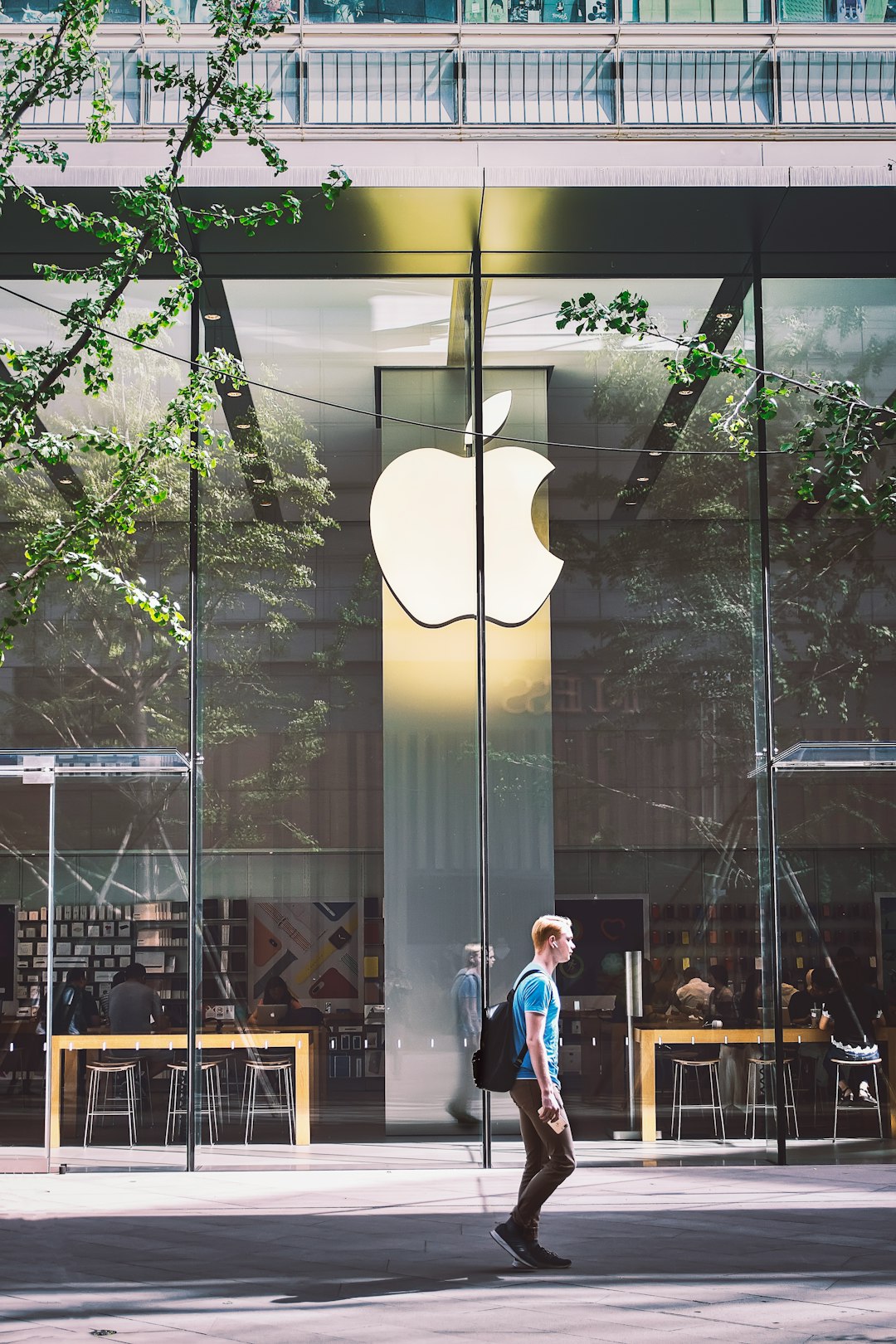You’ve polished your résumé, nailed that interview, and now comes the toughest part—waiting. The period after an interview can feel like an eternity, especially when you’re anxious to hear back. Whether you’re eagerly checking your email or refreshing your voicemail every hour, understanding what to expect after an interview can help ease the stress. Here’s what you need to know about hiring timelines and three tips to help you stay focused and confident while waiting.
How Long Will It Take to Hear Back?
There’s no universal answer to this question, as the hiring process can vary significantly between industries, companies, and even specific roles. However, most candidates can expect to hear back within 5 to 10 business days after the final interview.
Some companies move faster, giving you feedback in as little as 24 to 48 hours, especially if the role needs to be filled urgently. Others—particularly large corporations with multiple hiring rounds and decision-makers—may take several weeks. If it’s been more than two weeks since your interview and you haven’t heard anything, that’s a good time to follow up.

Why the Delay?
Before you panic or assume you’ve been rejected, it’s important to understand the common reasons you might not hear back right away:
- Internal Coordination: Hiring managers often review multiple candidates and need time to compare notes and make a decision.
- Budget Approvals: Sometimes the position itself is pending budget confirmation or other administrative hurdles.
- Background Checks or References: If you’re a finalist, they might be quietly conducting background checks or contacting your references.
- Simple Delays: People go on vacation, get sick, or become swamped with other projects—it happens!
Now that you know the reasons for delays, let’s discuss how you can survive—and even thrive—during the waiting period.
3 Tips to Win the Waiting Game
1. Send a Thoughtful Follow-Up
It’s always a good idea to send a thank-you email within 24 hours of the interview. But if you haven’t received any updates after about a week, sending a gentle follow-up is completely appropriate. Keep it brief, polite, and professional. Here’s a quick example:
Hi [Hiring Manager’s Name],
I hope you’re doing well. I wanted to thank you again for the opportunity to interview for the [Job Title] position. I’m still very enthusiastic about the role and would love to know if there’s any update on the hiring process. Please let me know if I can provide any additional information.Best regards,
[Your Name]
2. Keep Applying Elsewhere
While you wait, don’t put all your eggs in one basket. Continue applying to other positions that fit your skill set and interests. It’s possible that you’ll get another interview—or even an offer—that makes the wait less stressful. Plus, continuing to apply keeps your momentum going and helps reduce the feeling of helplessness many feel during the downtime.

3. Reflect and Prepare
Instead of stewing in anxiety, use the waiting time as a growth opportunity. Reflect on what went well in the interview and where you might improve for your next one. Take notes while the conversation is still fresh in your mind. You can also brush up on related skills, rehearse answers to common questions, or even research other companies you’re interested in. That kind of proactive thinking not only keeps your mind occupied but also prepares you better for future opportunities.
Bonus Tip: Stay Positive and Patient
Finally, remember that not hearing back immediately is not a rejection. It’s easy to assume the worst, but hiring teams often take their time to make the right choice. Remain patient, stay professional, and keep your outlook optimistic. Even if this particular job doesn’t work out, how you conduct yourself during this phase can leave a lasting impression—and open the door to future opportunities with the same company.
Waiting to hear back after an interview is tough, but with the right mindset and strategies, you can endure the uncertainty with poise and purpose. Keep going—you’re doing better than you think!

